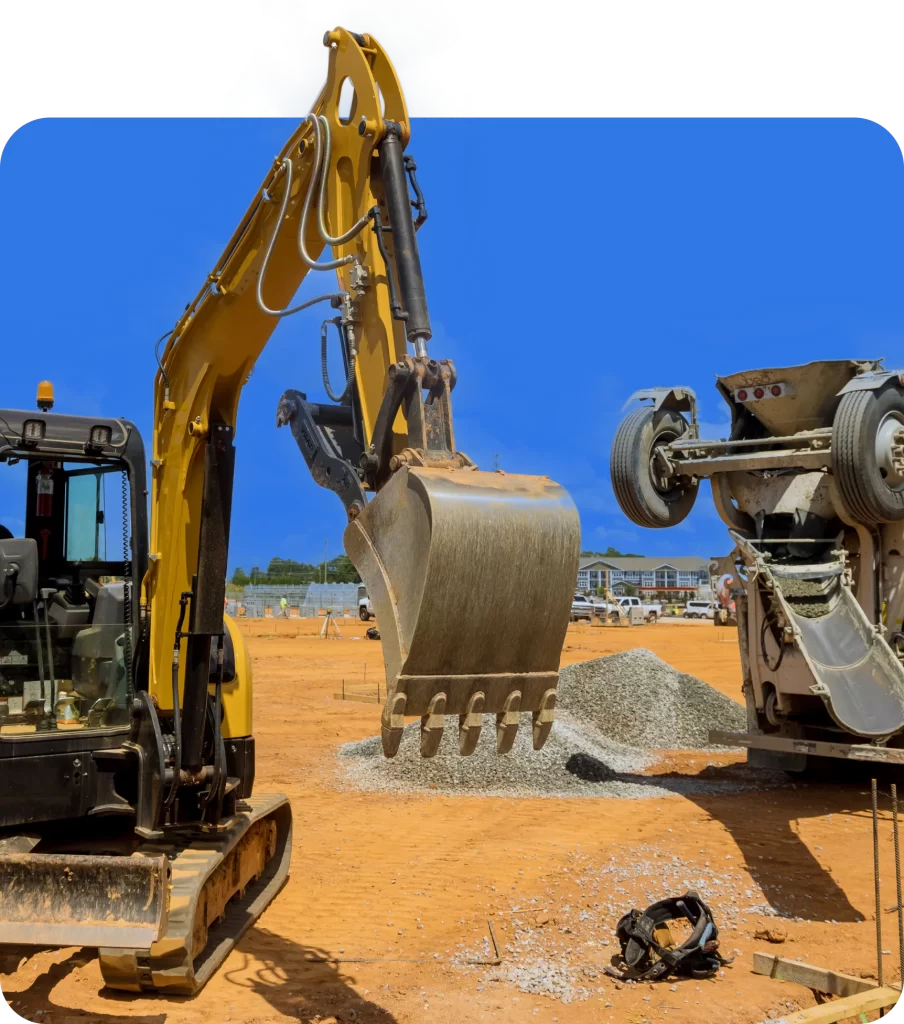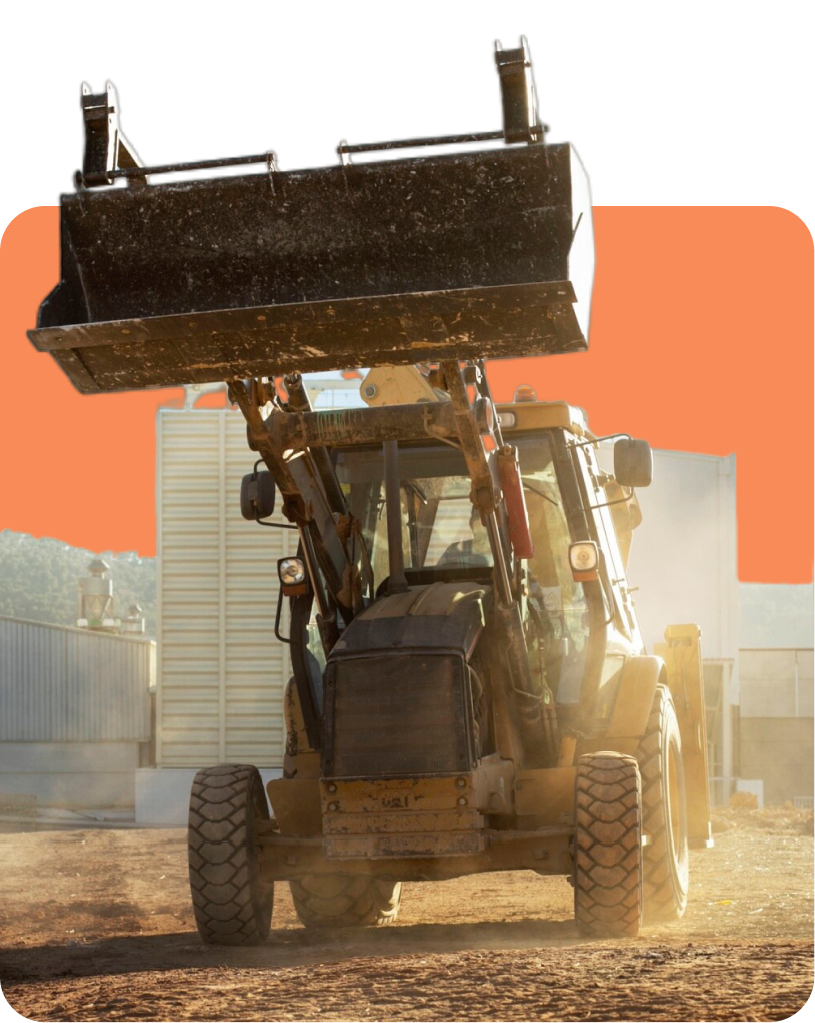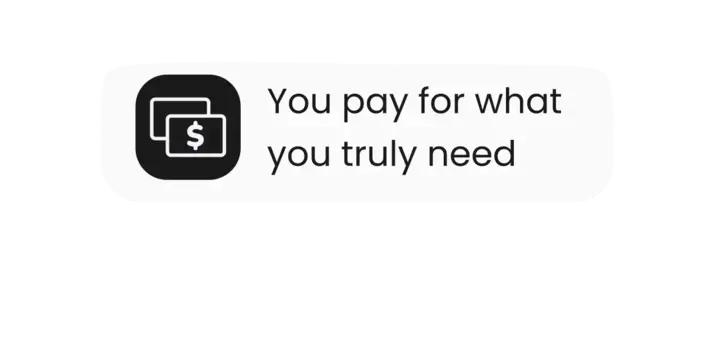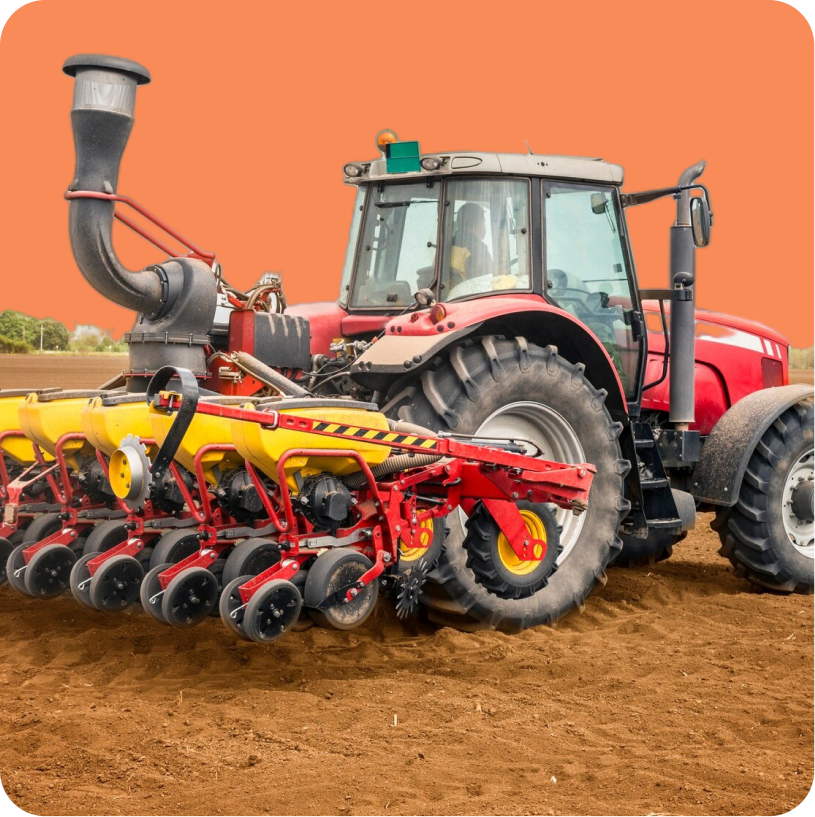Ready to speak with a Broker? Book a free comparison now.
Service top form (Plant and Equipment Insurance)
"*" indicates required fields
Dry hire insurance is a specialised insurance product which covers your plant equipment and machinery while they are on hire.
This cover typically includes cover for malicious damage, accidental damage, theft and more.
If you’re looking for a Broker that can assist you with your dry hire equipment insurance than you’re in the right spot.
Don’t spend countless hours shopping around, we provide you the most competitive options the first time.
Professional
tailored advice
Competitively
priced polices
Comprehensive
cover option

Professional
tailored advice

Competitively
priced policies

Comprehensive
cover options






What you need to know about
Dry hire insurance policies are a specific insurance product designed to provide cover for machinery owners and operators that dry hire their equipment to their clients. Dry hire equipment insurance is not a standard level of cover when you purchase standard plant and equipment insurance. A traditional excavator insurance policy generally will not cover your machine when its hired out.
By leasing your machines out under a dry hire agreement you are increasing the insurers risk of something happening to your machine. You might be wondering how? The increased chance of a claim arising comes from the following:
Most plant and machinery operators utilise dry hire options to increase or offset their income when they aren’t working, have excess machinery laying around and the best way to protect your machines when they are no longer under your control is to put a suitable dry hire insurance policy in place.
We understand that running a business takes a lot of work and as a business owner you’re expected to be across all of the different aspects of your business operation. We have tried to make our process as simple as possible and all of our Brokers work with each business owners to have a strong understanding of your business and whats required to be in place to ensure that there are no nasty surprises. We pride ourselves on not hiding behind the fine print.
Whether you are a machinery operator or are an equipment hire company, there are a number of other insurance policies that you probably need to consider that go hand in hand with your dry hire insurance policy.
Other common policies that may be needed.
Other policies that we typically recommend along side a dry hire insurance policy is:
Most insurers will offer a full package solution where they will accept Public Liability insurance, truck and trailer insurance under the one policy this ensures that there are no gaps in cover and is very easily managed, especially when you have multiple pieces of equipment.



You should have a dry hire equipment insurance policy in place when and if you decide to hire out your machines. It’s a good way machinery operators add to their bottom line with an additional income stream however, if you don’t have this covered than you could be left high and dry without a machine, no cover and a battle to be compensated for your loss.
For a slightly higher premium than what you are already paying for the machine you can get a comprehensive cover, even when you aren’t operating the machine.
Machinery can cost thousands of dollars along with the attachments and thats provided that a machine is readily available if something was to happen. If a piece of equipment has to be ordered than this could leave you without the machine for a long period of time.
If you rely on this machinery as part of your business than make sure its covered correctly

Dry hiring is when you hire out your machine without providing an operator to do the work.
Wet hire is where the client is hiring the machine and the operator to perform the required work.
Wet hire is usually the default assumption when you’re insuring your plant and machinery. If you are doing the wet hire work as well then make sure your public liability insurance covers you for earthmoving activities.
To put a dry hire insurance policy in place, most insurers will require a dry hire agreement to be signed by the hirer.
The dry hire agreement will usually be provided to the insurer for their approval.
Most insurers will check the agreement to ensure that it has an applicable clause that advises the hirer that they are now solely responsible for the plant and machinery until it is returned.
Your level of risk and exposure is up to you however, if you go down this route than assume that you have no cover in place what so ever. The additional premium to cover dry hire is minimal and should be considered even if the hiring component is quite small.
The consequential damage can be covered however, the initial failure or component that has broken down usually isn’t covered under a material damage type policy.
No, most insurers will require a dry hire agreement to be in place which holds the hirer liable for damages caused to your machine. Some insurers will accept a damage waiver option to be in place but will charge a higher premium for the reduced chance of recovering costs. Damage caused by negligence is solely on the operator of the machine.
It is expected that the machines be well kept and regularly maintained however, personal injury or property damage caused due to something occurring with the machines would typically be covered under your public liability insurance. For example, if nut or bolt was to fly off the machine and damage someone’s eye and this was due to the maintenance and upkeep of the machine that you are responsible then this type of incident would be covered under your public liability insurance.
The dry hire insurance cover is typically for the machine and it’s attachments along with any other items specifically noted on the policy.
For good order you should regularly check your machines when they are signed in and out by the hirer to ensure you further damage isn’t caused.
Only some insurers will offer cover for theft by hirer or the hiring party failing to return the items as agreed. Some insurers may charge a slightly higher premium to offer a more broad level of cover so it’s important to assess your own risk tolerance to determine which option is better suited for you.
Yes, on a dry hire insurance policy you should have the equipment and all attachments listed and included under the cover. The reason for this is if they needed to be replaced and you didn’t have the items listed an insurer will not approve an invoice for purchase with additional items on it. As most attachments are sold in addition, it’s best to include them on your policy.
Why should you use Priority Insurance Brokers to arrange your Dry Hire Insurance?
Ready to speak with someone?
"*" indicates required fields
"*" indicates required fields